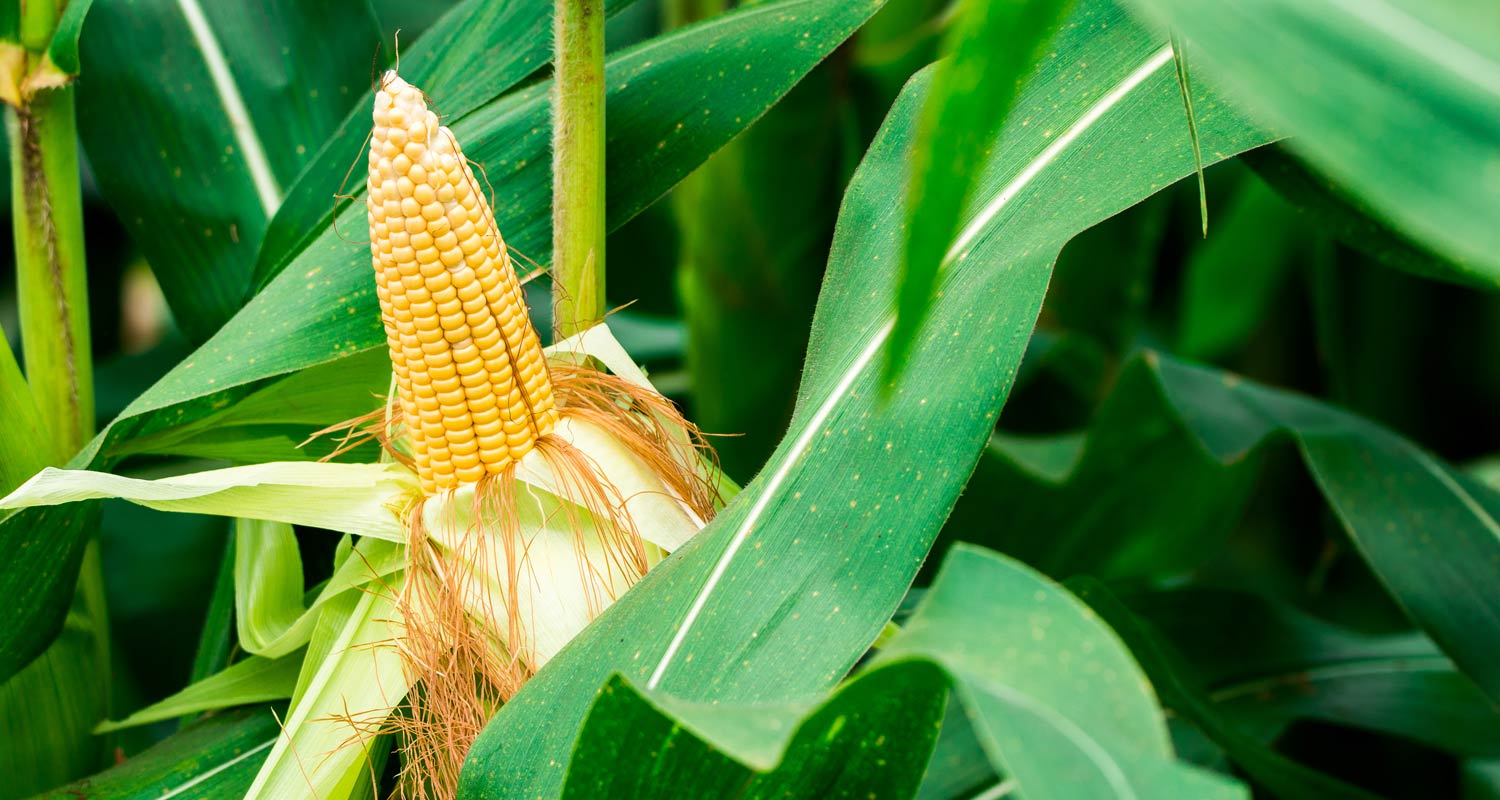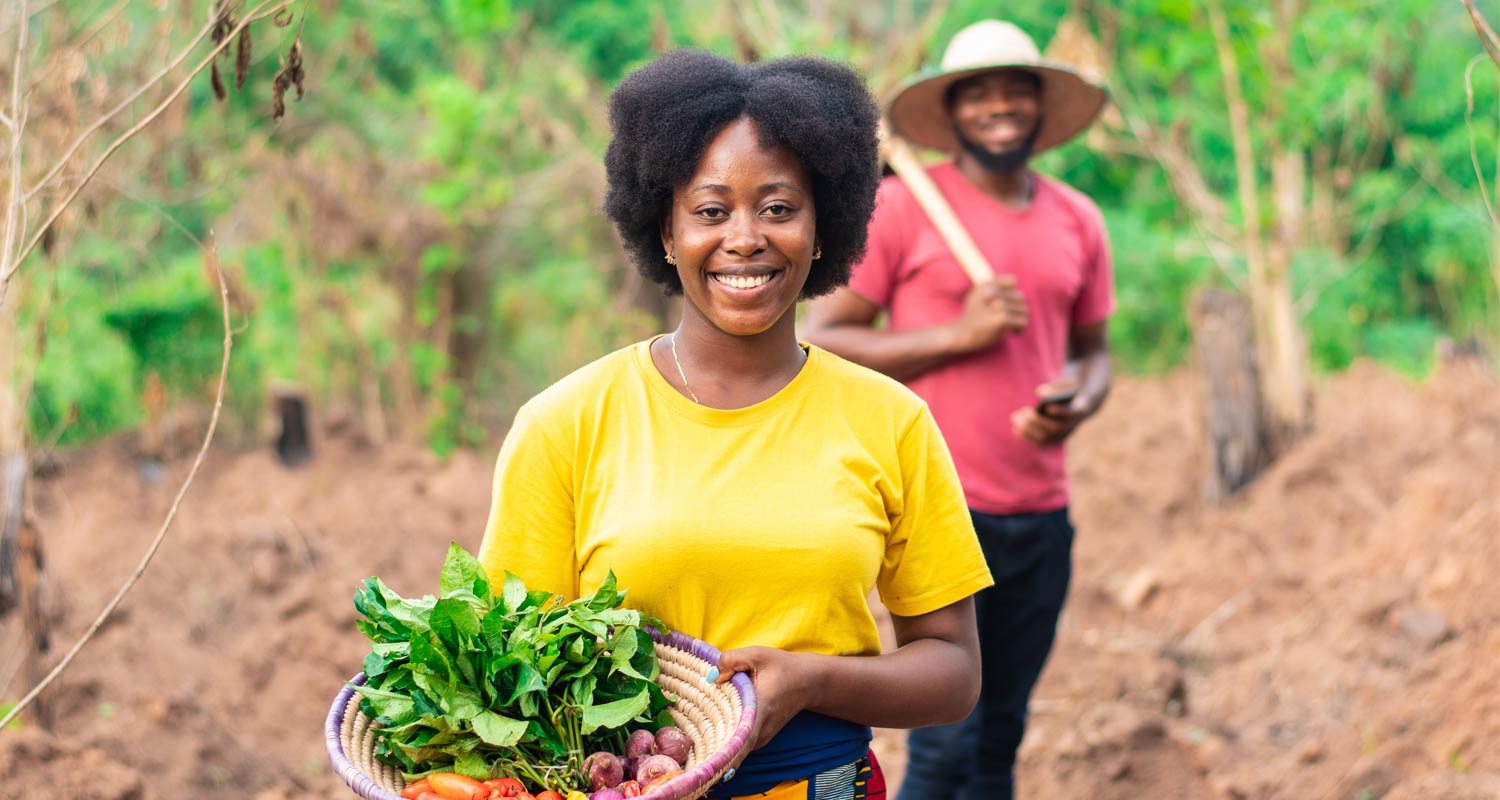 In the village of Ndodo, 40km south of the Malawian capital Lilongwe, farmers gather in the shade of an acacia tree as a voice over a smartphone tells them how to get rid of a weevil that’s destroying their sweet potato crops.
In the village of Ndodo, 40km south of the Malawian capital Lilongwe, farmers gather in the shade of an acacia tree as a voice over a smartphone tells them how to get rid of a weevil that’s destroying their sweet potato crops.
The tips offered by the app in the local language Chichewa is one of the first examples of how artificial intelligence is being used to aid subsistence farmers in some of the poorest parts of the world. Piloted by a Chicago-based nonprofit Opportunity International, the app, called Ulangizi — which translates as “Advice” — works on WhatsApp and uses data from ChatGPT and the Malawian government’s English-language agricultural manual to answer questions or diagnose crop and farm animal diseases.
“The majority of our people do not know how to read or write,” said Anna Chimalizeni, a 36-year-old mother of three, who as a government farmer-support agent demonstrates the app to farmers. “I am there to help them write issues they have at their farms and read the response on their behalf. They also have a chance to listen to the response through voice notes which come in our own local language.”
The app may become critical for the 3.1 million families that rely on smallholder farming for a living in this landlocked country in Southern Africa. Its launch comes after the devastating Cyclone Freddy ripped through Malawi in early 2023, displacing almost 100 000 people, leaving fields waterlogged and almost obliterating the annual soy crop.
Although AI is increasingly used in agriculture in large swathes of the developed world, from China to the US and Europe, its emergence in poorer nations and for subsistence farmers is relatively new. The Ulangizi app’s success in Malawi — where small-scale agriculture provides livelihood to more than 80% of the country’s 21 million people — may pave the way for its introduction elsewhere in the world. There are 600 million smallholder farmers globally, growing a third of the world’s food.
“We saw with Cyclone Freddy just how quickly one climate disaster can devastate an economy and a food system, and our farmer-support agents told us that Ulangizi could have helped them not only navigate the consequences of Freddy – but prepare for it,” Greg Nelson, Opportunity’s chief technology officer and a former Microsoft executive, said in an interview.
Expansion
With the pilot just finished, the NGO is gathering qualitative data through surveys and focus groups to fine-tune the app as it looks to broaden its reach.
“We are in discussions in other countries in which Opportunity operates,” Nelson said. “Given the fact that we have farmer-support agent networks throughout sub-Saharan Africa, we already have a system to disseminate the tool. The tool is easy to build, but what takes time is validation – we need to ensure we have the right content, the right partners and the right languages.”
While the cost of the Ulangizi pilot project was covered by Opportunity, which is financed by partners including Cisco and Mastercard, it’s now seeking funding for a broader roll-out across Malawi and elsewhere in the world. Opportunity said funding will come from corporate and philanthropic donors.
Read: PepsiCo fund invests in South African agri-tech start-up
Smallholder farmers typically live in extreme poverty, and there are hundreds of millions around the world who need access to best practices, said Tim Strong, head of agriculture finance for the NGO.
“Smallholder farmers currently only produce about 20-30% of their potential yield,” he said. “Agriculture needs to double productivity in grain yields and triple vegetable yields to feed the planet by 2050, so this is a critical space to make sure smallholder farmers become the best producers they can be.”

The group began with Malawi, where the country’s government was open to working with relief agencies such as the World Food Programme and seeking help for its agriculture-dependent population — especially after Cyclone Freddy.
Although the government has agricultural-extension agents, there just aren’t enough of them. Nationally, the ratio has been one agent for 2 500 to 3 000 farming households, against the recommended one per 500 to 700 households. Around the capital there are just 341 advisers for almost a quarter of a million farmers, said Webster Jassi, agriculture extension methodologies officer for Lilongwe West, adding that visiting every farmer “is a tall order”.
Those metrics have made the Ulangizi app appealing.
“Just this March, my pigs developed small wounds and I did not know how to describe this,” said Grace Kalembera, a 40-year-old farmer. “Our farmer-support agent suggested we just take a picture and send it. We did and the app explained in detail what the pig was suffering from and what medicine to buy. If we had this app last year, I may not have lost so many of my pigs.”
Granted, there are challenges. In Ndodo, there’s just one smartphone for 150 villagers, Chimalizeni said. Also, connectivity is not universal in Malawi and data costs, while among the lowest in Africa, are still too steep for farmers in what is one of the continent’s poorest nations.
“The mobile network around this place is poor,” said Sankhani Mtoso, a farmer from Chiseka Village on the outskirts of Lilongwe. “Apart from that, the cost of the data bundle is high for us small-scale farmers whose incomes are not steady.”
Time and money
About two million Malawians have access to the internet and there are 12 million registered Sim cards, said Moses Kunkuyu, the country’s information minister. Still, access to smart devices is limited, he said. That said, farmers can access WhatsApp on some of the more basic phones.
Farmers who’ve been part of the AI app trial say it’s saving them time and money.
“It is quicker working on the app,” said Maron Galeta a 32-year-old father of two. “In the past we could wait for days for agriculture extension workers to come and address whatever problems we had on our farms. That is no longer the case. Just a touch of a button we have all the information we need.” — Frank Jomo and Antony Sguazzin, (c) 2024 Bloomberg LP

